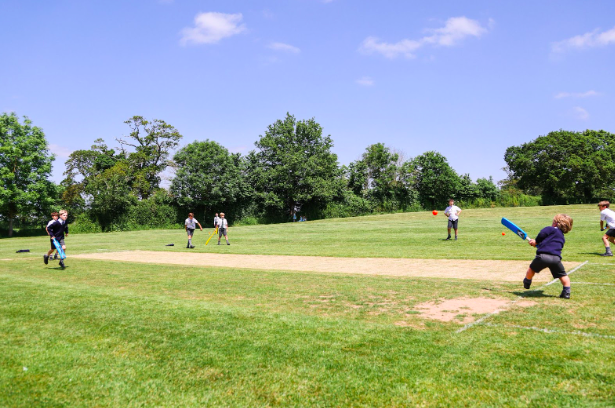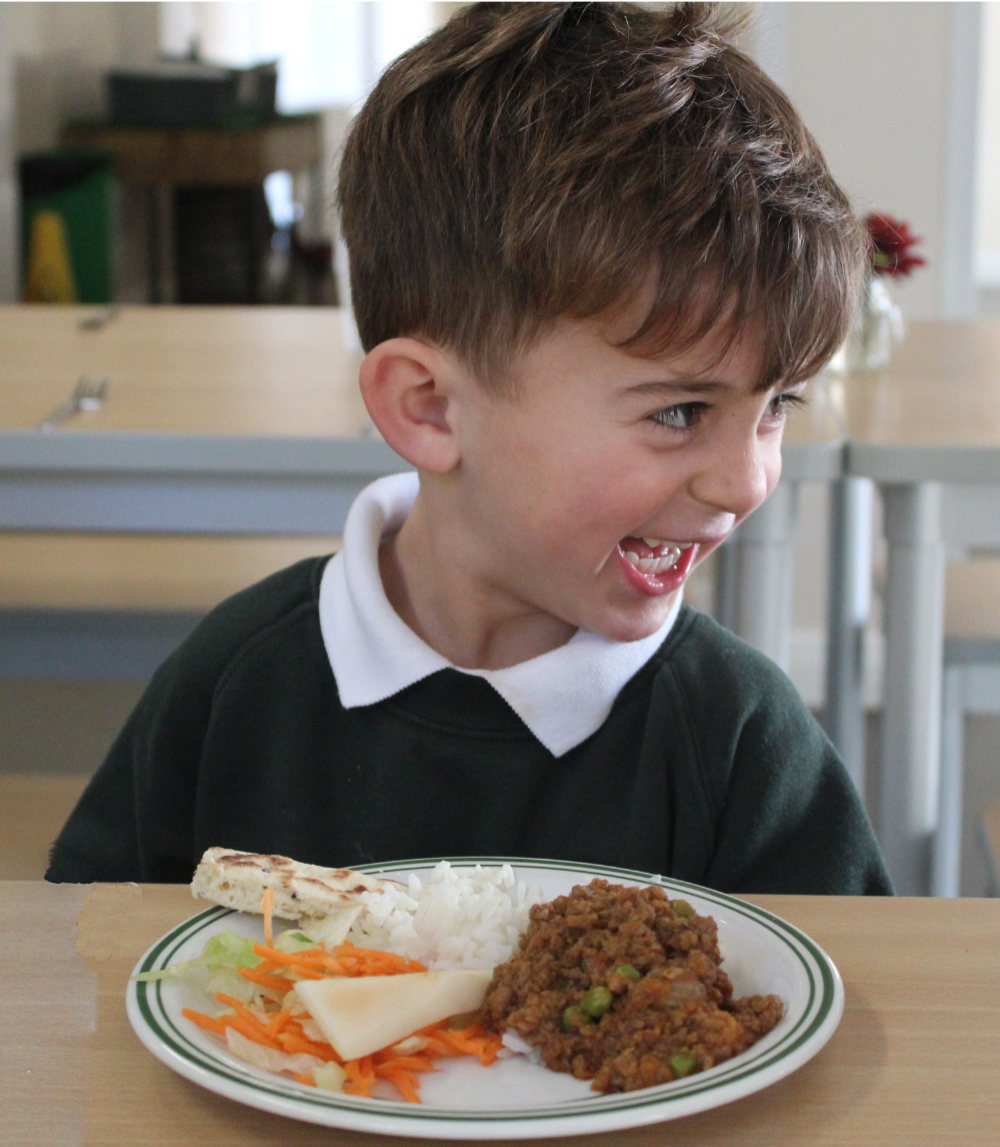Creativity is evident in every classroom, regardless of the subject being studied, the age of the pupils, or the nature of the task that has been assigned. It can transform a student’s relationship with education, encouraging them to think differently and learn new things, but all too often, it is brushed aside as parents and teachers alike focus on the academic side of education. Here at St Peter’s, we believe the two can work simultaneously and complement each other to create well-rounded individuals who aren’t afraid to take a different approach. Read on to discover why creativity is so important in learning and why it should be encouraged at every opportunity.
Enhances Problem-Solving Skills
Creative activities mean that children can approach a task or assignment in whichever way they see fit, meaning they can think differently and originally. This outside-the-box thinking encourages innovation and imagination, both of which are crucial to a pupil’s development across a variety of fields and subjects.
Makes Learning Fun
Creativity in the classroom allows children to make links between education and fun from a young age, helping them to establish a healthy and positive relationship with learning. Activities such as storytelling and skits (what is this?) help them to learn a subject back to front without the pressure of proving exactly how much they know. Any kind of team building activities will not only encourage children to think creatively together, but also help them learn the importance of listening to each other’s ideas and getting on well to achieve a common objective.
Reduces Stress and Anxiety
The nature of education means that it can be stressful for some children, particularly those preparing for exams or attempting to get their head around a topic they are finding particularly challenging. Creative activities provide a welcome break between strenuous study periods where children can relax and rediscover the joys of learning. This approach to learning is likely to result in a better overall performance from children as they feel more confident in themselves and their ability to think creatively.
Improves Communication Skills
Children who are encouraged to think creatively are likely to become better communicators as they can hold an interesting conversation and integrate innovative thinking throughout. The shared learning aspect of communication promotes a feeling of togetherness while any debates that may occur within the classroom help them to understand and welcome the views of others. The ability to communicate how you are feeling is vital for children of primary school age and this transferrable skill will stay with them throughout their teenage years and beyond.
Accounts for Freedom of Expression
Creative learning styles not only allow for children to think for themselves and express exactly what they are thinking but they encourage it. Classroom debates and discussions mean that children have the chance to become a part of it, make a contribution and will give them a sense of goodness, satisfaction and happiness as a result.
Improves Concentration
The average focus and attention span of a young child can be as little as a few minutes, particularly when everyday distractions such as other classmates or the outside world are prevalent. When the same teaching method is implemented time after time, this can become boring for a child, causing them to lose focus half-way through the activity. Mixing it up with more creative activities heightens their focus and attention, making the study time immediately before and after such activities more productive.
Develops Thinking Capability
Creativity will often develop imaginative thinking capability, causing pupils to think outside the box and solve a problem in their own way. Open-ended questions, brainstorming sessions and creative team-building activities are all fantastic ways to break up the normal teaching methods and ensure pupils are confident enough about a subject to talk it through in their own words.
That concludes our blog on the importance of creativity from an educational development perspective. We hope it has opened your eyes a little to the important role of creativity and why it should be encouraged in the classroom, at home and anywhere else it can be used effectively. Here at our private school in Devon, we encourage our pupils to think creatively at every opportunity and pride ourselves in the well-rounded, original thinkers that our pupils turn into. If you’d like any further information about our school, or would like to talk to someone about enrolling, don’t hesitate to contact us today where our Registrar would be more than happy to assist.









